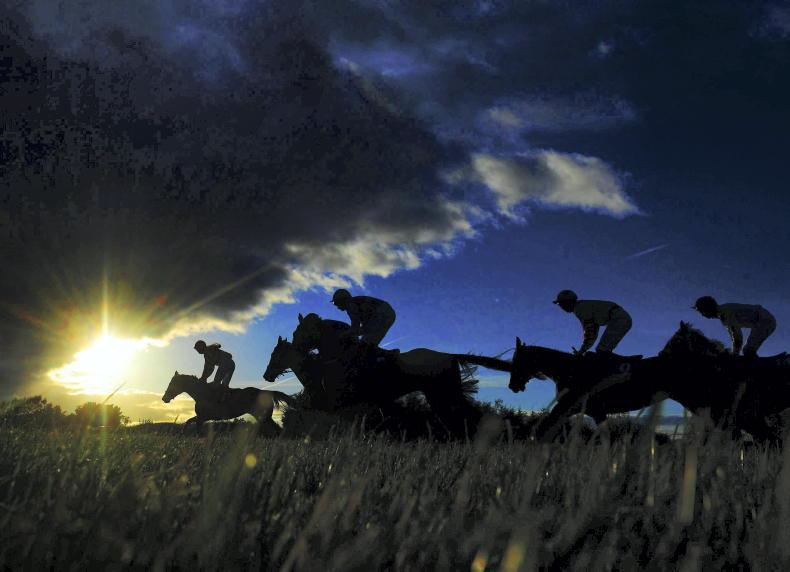“THE work ethic has changed. Young people’s first question when they apply for a job is how much are they going to earn, how many holidays will they have and how many hours of work. They expect to have a nine-to-five job working with horses, but that is not realistic.
People don’t do the job because of the love of the animal anymore. It’s often people who don’t get a job anywhere else that come to me and it’s the last resort to work with horses. A lot of people are not qualified. There doesn’t seem to be many qualifications that can be done for high-level grooms or yard managers.
If you compare the system here to a system abroad, people abroad often do an apprenticeship for two or three years to become a groom or rider. They learn theoretical, but also practical things, and they are interesting for the employer because they don’t have to be paid minimum wage while they are in education.
Minimum wage is another problem. It’s not that you don’t like to pay people minimum wage, but it is often too high for inexperience. The industry is just not strong enough to justify minimum wage for a lot of people. It’s not so easy to pay minimum wage to someone if you, the business owner, doesn’t even earn minimum wage!
A lot of applicants lack general horsemanship. They don’t know what the job of working with horses entails, they think it’s cool to be around horses and they don’t realise it’s hard work.
Another issue is work permits. I get a lot of people applying for a job that are outside the EU and they have to have a minimum wage of €3,000 a month for the permit. That’s a hard ask as food and accommodation are often provided and the cost deducted, bringing the total below €3,000. So it rules out someone from abroad.
In my experience over 30 plus years, Irish or Europeans don’t really want to work in the industry anymore. I guess a lot of people didn’t look after or pay horse people enough. I know they have to be paid, but they also have to work accordingly.”


 This is a subscriber-only article
This is a subscriber-only article
 It looks like you're browsing in private mode
It looks like you're browsing in private mode









SHARING OPTIONS: